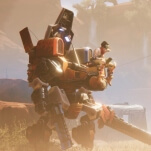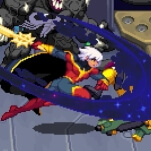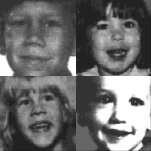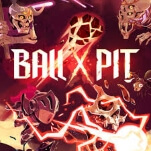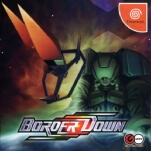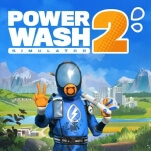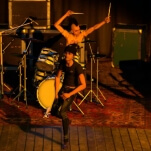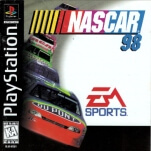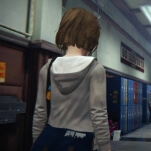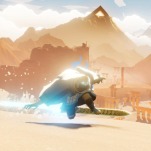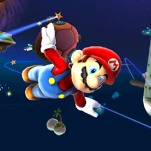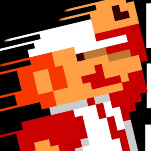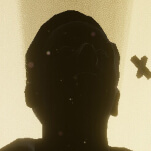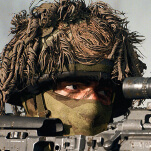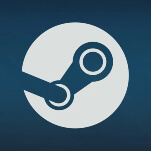So, How’s The BDS Xbox Boycott Going?
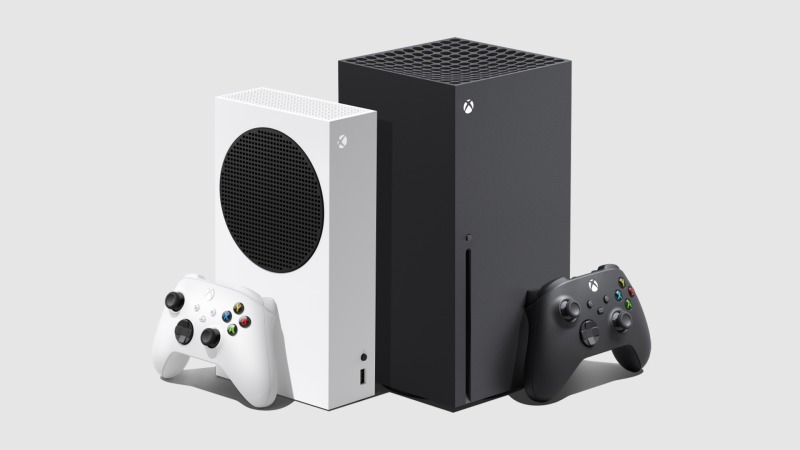
CW: This article contains references to genocide and violence.
Over three months ago, the Palestinian-led Boycott, Divestment, Sanctions (BDS) movement made a request that was particularly relevant to anyone who cares about games: boycott Microsoft’s Xbox. Identifying the industry behemoth as “the most complicit tech company in Israel’s illegal occupation, apartheid regime and ongoing genocide against 2.3 million Palestinians in Gaza,” a claim further supported by a recent United Nation’s report, BDS asks people to pressure Microsoft with divestment and exclusion from contracts.
In terms of complicity, Microsoft’s relationship with Israel precedes October 7, 2023, but took on a new level of involvement following Hamas’ attack. The company offered critical cloud and artificial intelligence infrastructure, which has helped Israel meet the massive technological demands of their assault. The UN report states that “in July 2024, an Israeli colonel described cloud tech as a weapon in every sense of the word, citing these companies,” with the companies in question being Microsoft, Alphabet, and Amazon.
Additionally, they explicitly call for a boycott of Microsoft’s gaming products. The organization offers tiers of engagement, including canceling Xbox Game Pass subscriptions, boycotting flagship series Candy Crush, Minecraft, and Call of Duty, and finally boycotting all Microsoft gaming products, including hardware and any games published by Microsoft-owned publishing labels.
BDS Movement Tech Campaigns Coordinator Bella Jacobs says this focus on gaming products is strategic. “We need to target companies that play a clear and direct role in Israel’s crimes against Palestinians, as Microsoft does, as well as in violating the rights of other peoples/communities, and where there is real potential for winning,” she shared with Endless Mode over email. “We called for global BDS pressure on Microsoft, including a full boycott of its Xbox gaming business, when the evidence of the company’s complicity in Israel’s genocide against 2.3 million Palestinian in Gaza became irrefutable.”
Considering the parties involved are Microsoft, a company with a massive consumer base and enough capital to buy (and slash) whole portions of the game industry, and BDS, a 20-year old nonviolent movement to pressure Israel into complying with international law (a form of protest so scary it’s effectively banned in many U.S. states), it’s worth taking a longer glimpse at the state of the boycott. A moment where games have been explicitly connected to a decades-long apartheid regime deserves attention.
First, a noteworthy part of this three-month mark is how the media space has wrestled with it. As noted in Autumn Wright’s “Games Media Can’t Ignore BDS Xbox Boycott,” written a week after BDS’s initial announcement, the rollout of the news was markedly slow. While the announcement day did involve other big news with tariffs affecting Nintendo Switch 2 pre-orders, Wright points out that a call to boycott one of the biggest gaming publishers for its complicity in a genocide is also news warranting urgency.
While several publications did report on the call to action eventually, the familiar tension around the Israel-Palestine matter was felt, with Wright writing “there may well be an understandable fear of reprisal among journalists: from Xbox, from the bosses who pay workers’ checks every month, and even from the current U.S. administration. But the press should not meet challenging moments with silence.”
It’s worth noting that BDS’s call went out a month after the public detainment of Palestinian student activist Mahmoud Khalil, which ended after a three-month detention that kept him away from his wife during their son’s birth. These kinds of actions tend to have a chilling effect on how news gets covered, not to mention previous industry intervention of pro-Palestinian support and Microsoft’s potential retaliation against protestors, so the hesitation around coverage is not entirely unsurprising. However, this does not mean conversation hasn’t existed, as articles like Skybox’s Will Borger’s “It’s an Incredible Day to Stop Giving Microsoft Your Money” have recently discussed the boycott in conversation with Microsoft’s most recent mass layoffs. Other publications have also made a point of mentioning the boycott in articles discussing Xbox products.
Another way to contextualize the BDS boycott’s progress is looking at other direct actions in the gaming space, given that this year has featured quite a few. There are other campaigns unrelated to video games worth nothing, but the focus here is meant to relate how the gaming audience specifically participated in protests recently. Additionally, these comparisons don’t intend to create a competition of success amid consumer movements, but instead highlight that their unique circumstances require different measures of success.
For example, in late May 2025, the Geoguessr community ran what might go down as one of the most efficient direct actions in gaming history. After Geoguessr’s devs announced a World Championship tournament at the Esports World Cup (EWC) in Riyadh, Saudi Arabia, major Geoguessr map creators made their maps unplayable. In their statement, they explicitly state Saudi Arabia’s extensive human right abuses—against groups including but not limited to women, LGBTQ people, and political dissenters—as the reason for their protest, calling any participation in EWC as assisting Saudi Arabia’s sportwashing agenda. Geoguessr’s devs announced the game’s withdrawal from EWC the next day.
-

-

-

-

-

-

-

-

-

-

-

-

-

-

-

-

-

-

-

-

-

-

-

-

-

-

-

-

-

-

-

-

-

-

-

-

-

-

-

-


